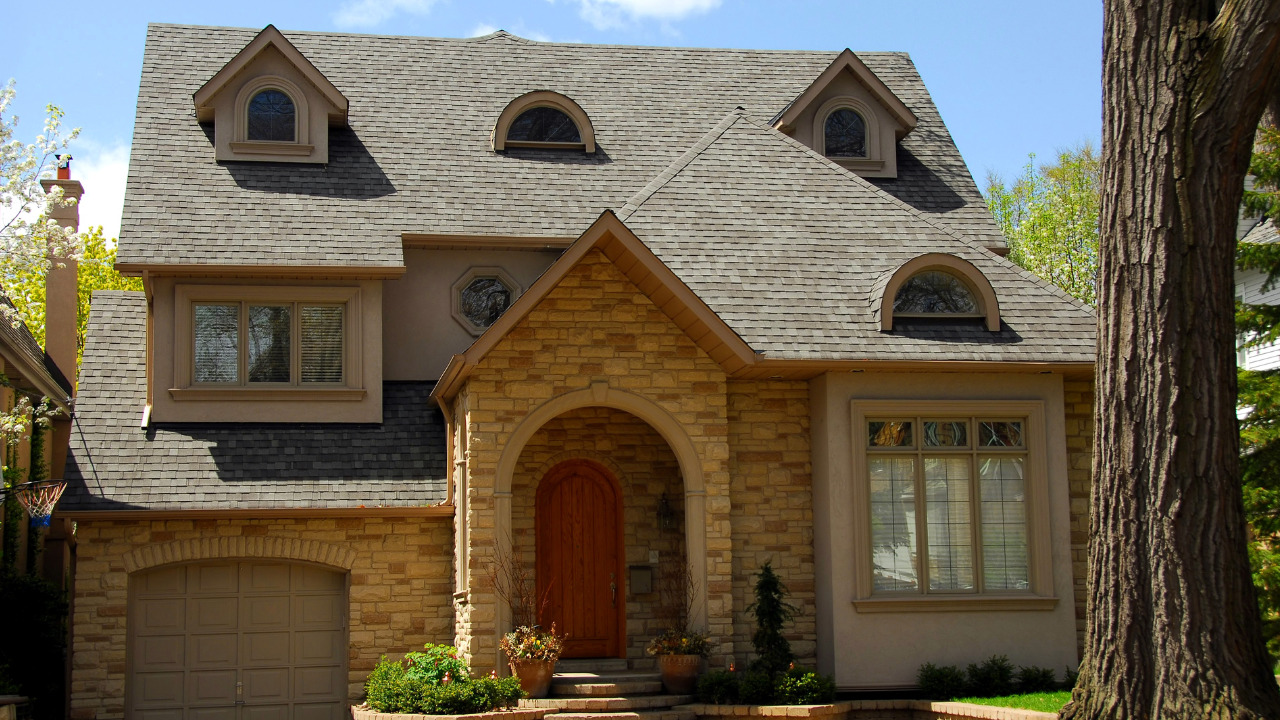Navigating the world of homeowners insurance can often feel like traversing a maze filled with complex terms, intricate details, and puzzling myths. These misconceptions tend to distort homeowners’ understanding of the insurance, potentially leading to inadequate coverage or unexpected costs. We are here to help! This article will debunk some common myths you should know, hopefully helping you get a clearer perspective on homeowners insurance.
Table of Contents
Homeowners insurance covers all types of damage
A prevalent myth surrounding homeowners insurance is the belief that it provides blanket coverage for all types of property damage.
The reality is that, while homeowners insurance does offer a broad spectrum of protection, it doesn’t universally cover every conceivable peril.
Standard policies typically provide coverage for damages stemming from events like fires, theft, or certain natural disasters. However, specific catastrophes such as floods or earthquakes often necessitate separate, specialized insurance policies.
To be on the safe side, homeowners need to closely inspect the exclusion section of their insurance contracts to understand the damages or losses that the policy won’t cover.
The market value of a home determines the coverage
Another common misconception is the idea that the market value of a home should determine its coverage amount. In truth, insuring a home based on its market value can sometimes lead to significant under-insurance or over-insurance.
The critical figure homeowners should focus on is the cost to rebuild the home, known as its “replacement cost.” This cost considers labour, materials, and other construction-related expenses, irrespective of the land value or external market factors such as demand or neighbourhood prestige.
Insuring based on market value might not provide enough coverage to rebuild the home if it’s destroyed, especially in areas where land value significantly inflates property prices. Conversely, in areas where market value is below construction costs, it could lead to paying for unnecessary coverage.
Well, home insurance brokers can help give you all the expert advice you need to secure optimum protection. They will guide you in estimating the accurate rebuilding cost of your homes and adjust your coverage accordingly. What’s more, they can also assist you in scouting for the best insurance rates and discounts.
Every injury on a property is covered
A widespread myth in the realm of homeowners insurance revolves around the belief that any injury occurring on one’s property is automatically covered. While it’s true that standard policies typically include liability coverage for injuries to guests or visitors, there are nuances to understand.
For instance, injuries sustained by the homeowner or immediate family members living in the house may not be covered by the liability section of a homeowners policy and would more appropriately fall under health insurance.
Furthermore, if an injury results from a hazard that the homeowner was aware of but failed to address, the insurance might deny the claim based on negligence.
Therefore, homeowners must familiarize themselves with the specific stipulations and exclusions of their policy.
The policy will pay the full cost to replace or repair damages
There is the belief that policies will always foot the bill for the full cost of replacing or repairing damages. However, the payout a homeowner receives depends largely on whether their policy is a “replacement cost” policy or an “actual cash value” policy.
Replacement cost policies generally cover the amount needed to replace or repair the damaged property without factoring in depreciation. On the other hand, actual cash value policies consider the item’s depreciation, which means the payout might be significantly less than what’s needed for a complete replacement or repair.
To avoid surprises, carefully review your policy details and ensure you are adequately covered based on your individual needs and property value.
Renters don’t need insurance; the landlord’s policy will cover them
One of the most pervasive myths in the insurance world is the belief that renters don’t need their own insurance because the landlord’s policy will cover them.
See, a landlord’s insurance policy primarily covers the physical building and the landlord’s own liabilities, not the personal belongings of tenants or their individual liabilities.
This means that if there were a fire, theft, or other covered disaster, how it would play out is that the landlord’s policy would likely cover repairs to the building itself, but a renter’s personal possessions would not be covered.
Moreover, if someone were injured within a renter’s unit or due to a renter’s negligence, the landlord’s policy wouldn’t cover the renter’s liability.
For comprehensive protection, renters should invest in renters insurance, which covers personal property, provides liability coverage, and often also includes additional living expenses if the rented property becomes uninhabitable.
Final remarks
Navigating the intricate landscape of homeowners insurance can be daunting, especially when faced with a barrage of misconceptions. We hope that debunking some of the prevalent myths will make it easier for you as a homeowner to make informed decisions. This will help you make sure that your most valuable is adequately protected.





